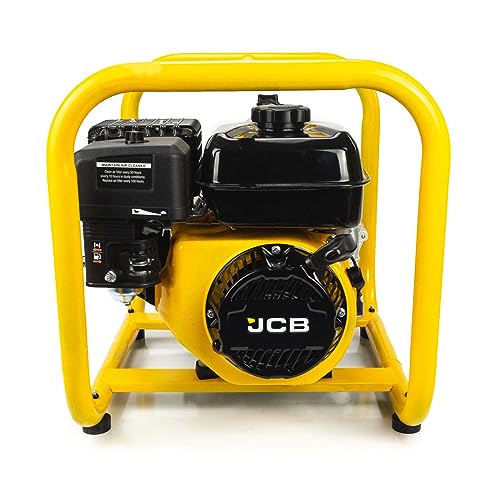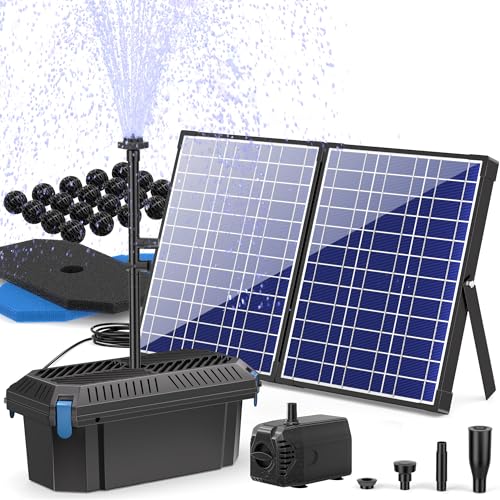Understanding Garden Solar Panels: The Basics For Every Gardener
What Are Garden Solar Panels?
Garden solar panels are devices that convert sunlight into electricity, providing a sustainable energy source for your outdoor spaces. Think of them as tiny power stations that harness the sun’s energy to power up various garden tools, lights, or even water features. They’re becoming increasingly popular among gardeners looking to reduce their energy bills and lower their environmental impact.
How Do They Work?
These panels work through photovoltaic technology. Essentially, sunlight hits the solar cells in the panel, which generates direct current (DC) electricity. This electricity can either be used immediately or stored in batteries for later use. If you’ve ever wondered how some gardens glow beautifully at night or stay powered up without a plug, it’s often thanks to these clever little panels.
Benefits of Using Garden Solar Panels: Enhancing Your Outdoor Space
Eco-Friendly Energy Source
One of the primary benefits is that they provide a clean, renewable energy source. By using solar panels, we can significantly reduce our reliance on fossil fuels and help combat climate change. If you’re passionate about nature, incorporating solar power into your garden setup is an excellent step towards sustainability.
Cost Savings
By generating your own electricity, you can save money on your energy bills. For instance, think about the expenses associated with running garden lights or pumps. With solar panels, these costs drop significantly since you’re using free energy from the sun. While there might be an initial investment, the long-term savings can be quite beneficial.
Increased Property Value
Using solar panels can also enhance the value of your home. Potential buyers appreciate energy-efficient features, which means a garden equipped with solar panels can make your property more attractive. Imagine showing off a beautifully lit garden that runs efficiently on solar power, leaving a lasting impression.
Choosing the Right Garden Solar Panel: Key Features to Consider
Size and Capacity
When selecting solar panels, consider the size that fits your needs. Larger panels can produce more electricity, which is ideal for running multiple lights or larger equipment. Think about your energy requirements; if you’re powering just a few small lights, compact panels might suffice.
Battery Storage Options
Many solar systems come with batteries to store excess energy. Choosing a solar panel system with good battery capacity means you’ll have electricity available even on cloudy days or at night. For gardeners who enjoy late-night activities, an efficient battery is crucial.
Durability and Weather Resistance
Garden solar panels should be built to withstand the elements. Look for ones designed specifically for outdoor use, with weatherproof features to ensure longevity. This way, we won’t have to worry about replacing them after a season or two.
Installation Made Easy: How to Set Up Your Garden Solar Panel
Placement Considerations
When setting up your solar panel, think about where it will receive the most sunlight. Ideally, place it in an area that remains unobstructed throughout the day. This could be a sunny spot on the lawn or a dedicated space on a garden shed roof. Maximising sun exposure is essential for effective energy generation.
Mounting Options
Most solar panels can be mounted in various ways, including ground mounts or roof mounts. If you’re putting it on the ground, make sure it’s stable and won’t be easily knocked over by wind or garden traffic. Roof-mounted systems need proper installation to ensure they remain secure.
Connecting Your Solar Panel
Once we’ve decided on placement, the next step is to connect the panel to the devices we want to power. Typically, this involves running a few cables and making sure all connections are secure. Many solar kits come with straightforward instructions, making the process user-friendly for those new to this technology.
Maintaining Your Garden Solar Panel: Tips for Longevity and Efficiency
Regular Cleaning
To keep your solar panels functioning optimally, regular cleaning is essential. Dust, debris, and bird droppings can accumulate and block sunlight, reducing efficiency. We can easily clean the panels with a soft cloth or sponge and some mild soap and water, ensuring they soak up as much sun as possible.
Routine Checks
Performing regular checks on your solar panel system can help identify any potential issues. Look for frayed cables, loose connections, or physical damage to the panel. Early detection can help prevent more significant problems down the line, ensuring our garden remains powered up.
Monitor Performance
We should keep an eye on how much energy our solar panels are generating. Many modern systems come with monitoring options that allow us to track performance easily. If we notice a significant drop in output, it could indicate a need for maintenance or professional assistance.









